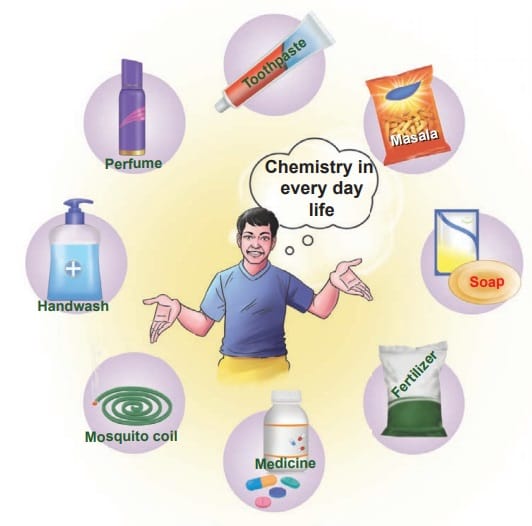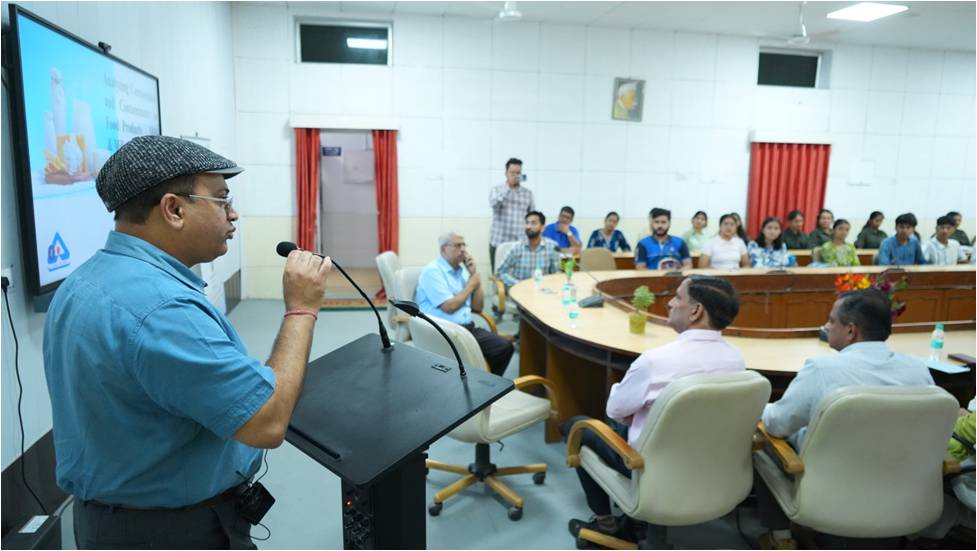The Science of Everyday Chemistry: Unlocking the Wonders Around Us
Chemistry is often viewed as a complex and abstract science, reserved for laboratories and academic textbooks. However, if you look closely, chemistry is everywhere around us, from the food we eat to the air we breathe. As a chemist and an educator, my goal is to demystify this fascinating subject and highlight the wonders of everyday chemistry that shape our daily lives.
The Chemistry of Cooking:
One of the most relatable applications of chemistry is found in the kitchen. Every time we prepare a meal, we are conducting a series of chemical reactions. When bread is baked, the yeast ferments, producing carbon dioxide, which causes the dough to rise. Similarly, caramelization and the Maillard reaction give browned food its rich, complex flavors. Understanding these chemical processes can help us become better cooks, with precise control over taste, texture, and appearance.
Chemistry in Health and Medicine:
Many of the medical advancements we rely on today have their roots in chemistry. Medications, from the simplest painkillers to life-saving antibiotics, are chemical compounds designed to interact with our biological systems in specific ways. The development of vaccines, such as those used in combating pandemics, is a triumph of biochemistry, showcasing how chemistry helps us maintain and improve public health.
On a personal level, we encounter chemistry every day in the vitamins and supplements we take. Each tablet contains molecules designed to support various bodily functions, such as vitamin C (ascorbic acid), which plays a key role in maintaining our immune system. Understanding the chemical makeup of these compounds allows us to make informed choices about our health.
Environmental Chemistry: Protecting Our Planet
Chemistry is not only about creation—it’s also about understanding the impact of human activities on the environment. Environmental chemistry focuses on studying pollutants, waste management, and the degradation of natural resources. The interaction of chemicals in the air, water, and soil affects the ecosystem’s balance, and understanding these reactions is crucial in developing sustainable solutions to combat climate change.
For instance, chemical research has led to the development of biodegradable plastics and the discovery of green energy sources like hydrogen fuel cells. These innovations showcase how chemistry is at the forefront of environmental conservation.
Hydroponics: Chemistry in Agriculture:
One of the most innovative intersections of chemistry and agriculture is hydroponics, a technique of growing plants without soil, using mineral-rich water solutions. This method allows for precise control over the nutrients plants receive, leading to faster growth and higher yields. In regions like Uttarakhand, where agriculture is crucial, hydroponics has the potential to revolutionize farming by reducing water usage and improving food security.
At our college, we have introduced workshops to train students in the science of hydroponics, demonstrating how chemistry can be applied to modern agricultural practices. By exploring this field, students gain valuable insights into sustainable farming and resource management.
Chemistry and Innovation: The Future Ahead
The field of chemistry is constantly evolving, leading to groundbreaking discoveries and technological innovations. From nanotechnology to renewable energy, chemistry will play a vital role in shaping the future. As an educator, I am passionate about encouraging the next generation of chemists to engage with these emerging fields, ensuring that they not only understand the science but also apply it to address the challenges of tomorrow.
One such example is the virtual chemistry lab we developed during the pandemic, providing students across Uttarakhand with access to hands-on experiments remotely. This initiative demonstrated how technology and chemistry can combine to overcome barriers in education, ensuring that learning continues even in difficult circumstances.
At last we can make this conclusion that
Chemistry is not just a subject confined to laboratories and classrooms; it is a dynamic force that influences every aspect of our lives. From the food we eat to the medicines we rely on, from protecting our environment to advancing technological innovation, chemistry shapes our world in remarkable ways. As we continue to explore this field, we uncover new possibilities for improving the quality of life and solving some of humanity’s most pressing issues.
As an educator, my mission is to inspire students to see the beauty and practicality of chemistry. By connecting the science to real-world applications, I hope to spark curiosity and passion in the next generation of scientists, ensuring that they are equipped to contribute meaningfully to society through the power of chemistry.

By
Dr. Bharat Pandey
Assistant Professor
Department of Chemistry
Government P.G. College, Ranikhet, Almora









